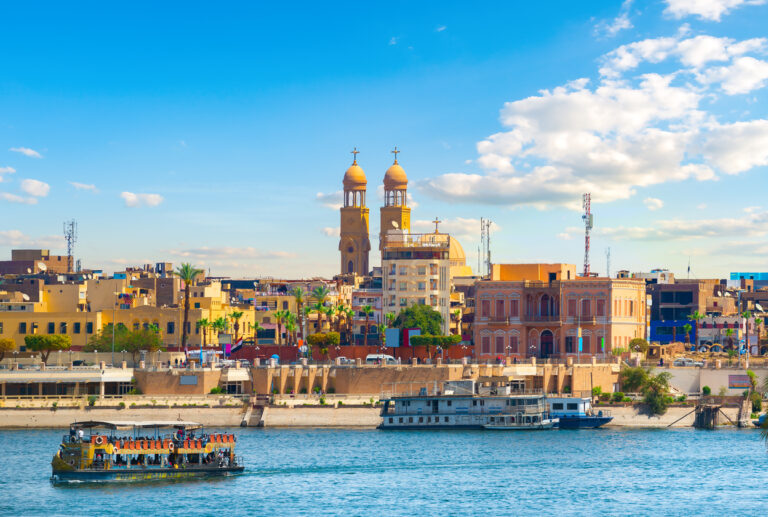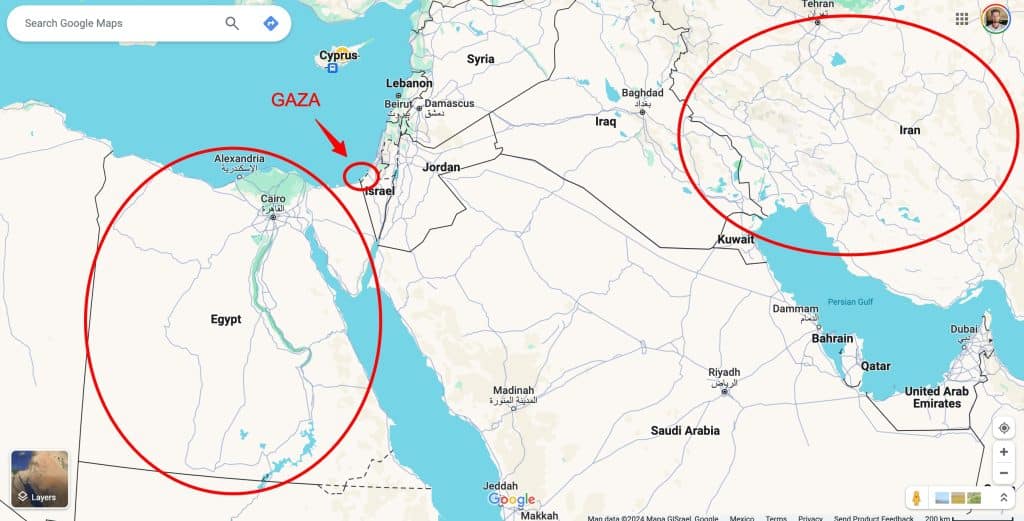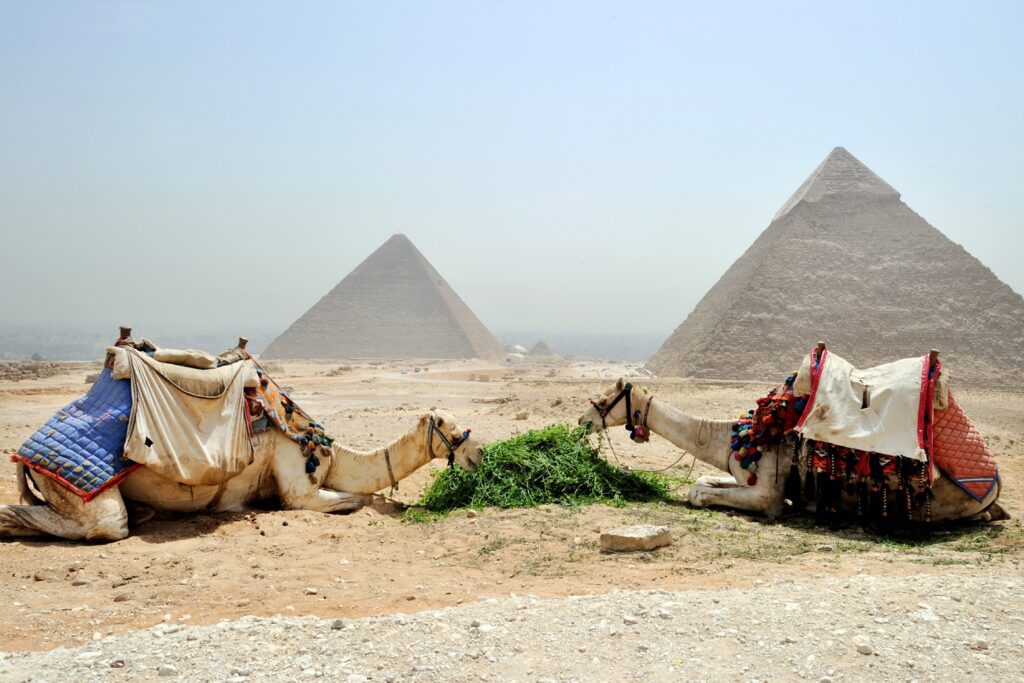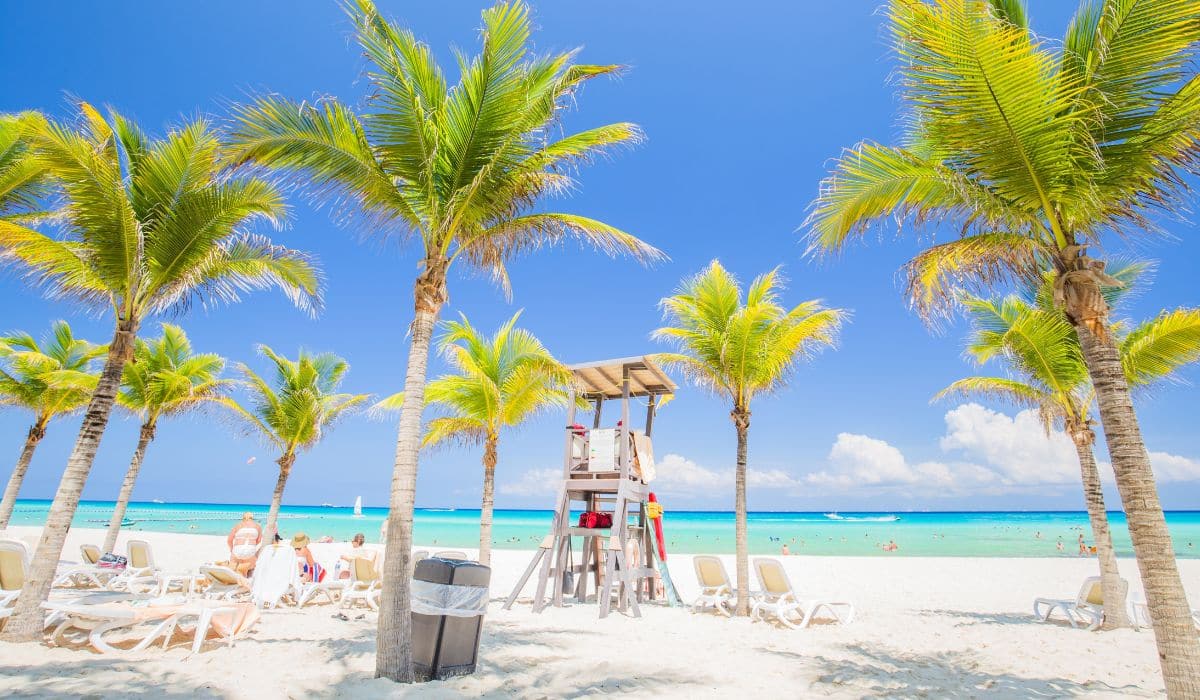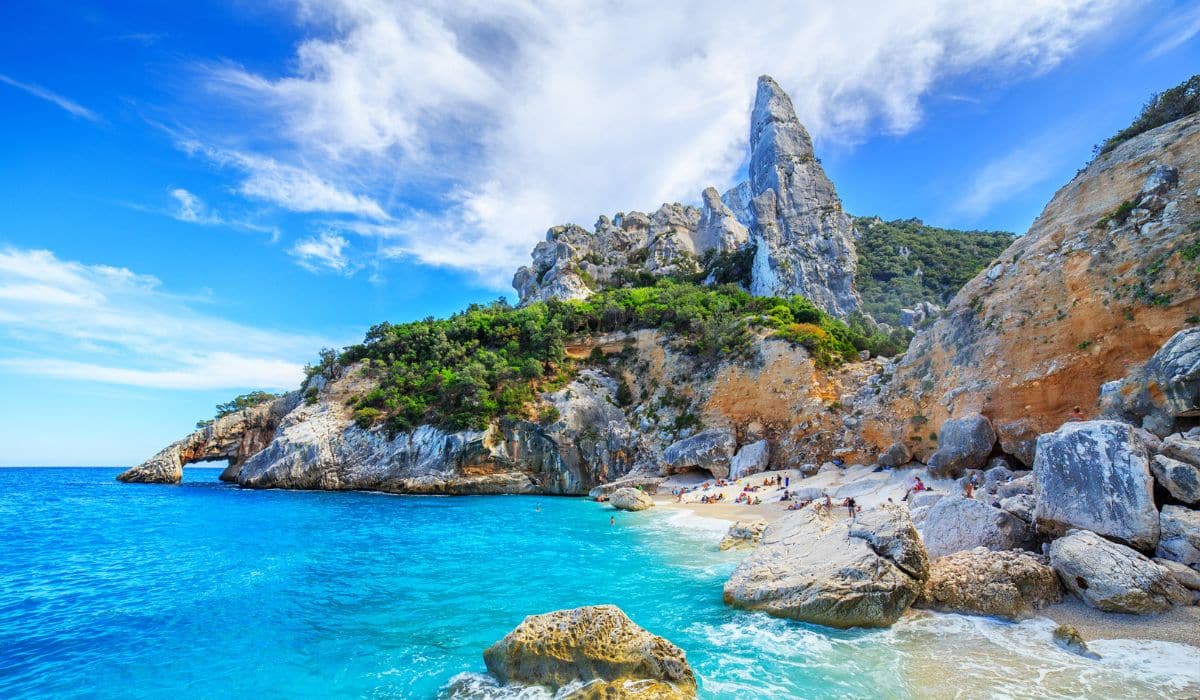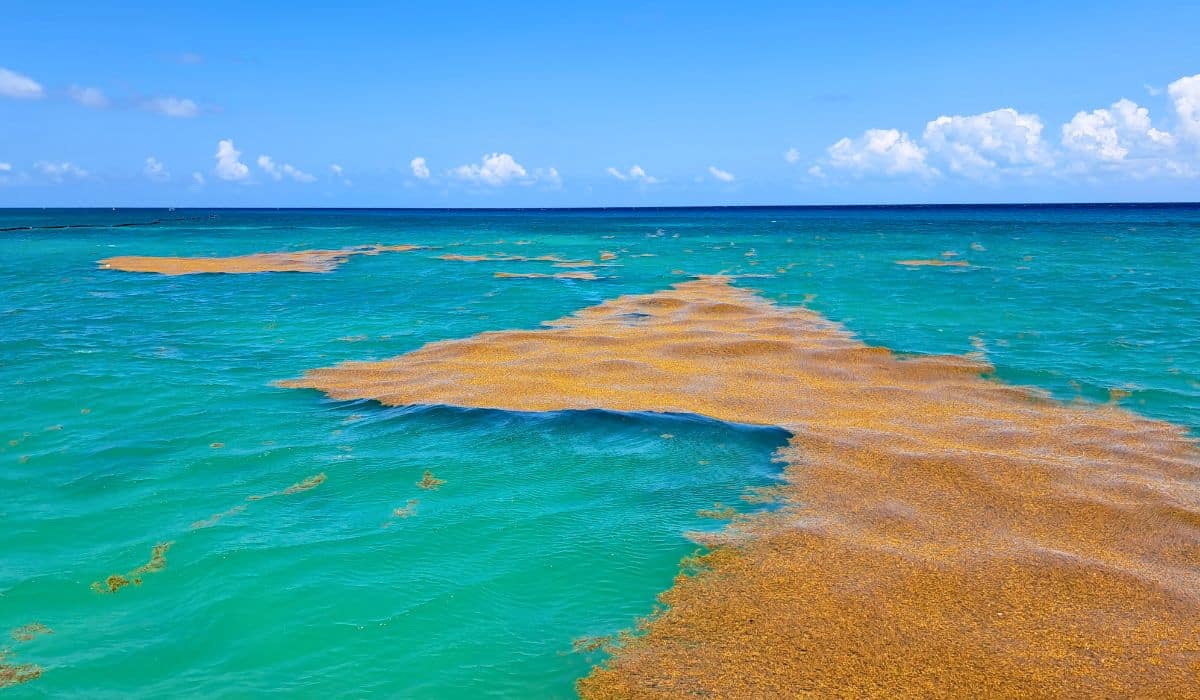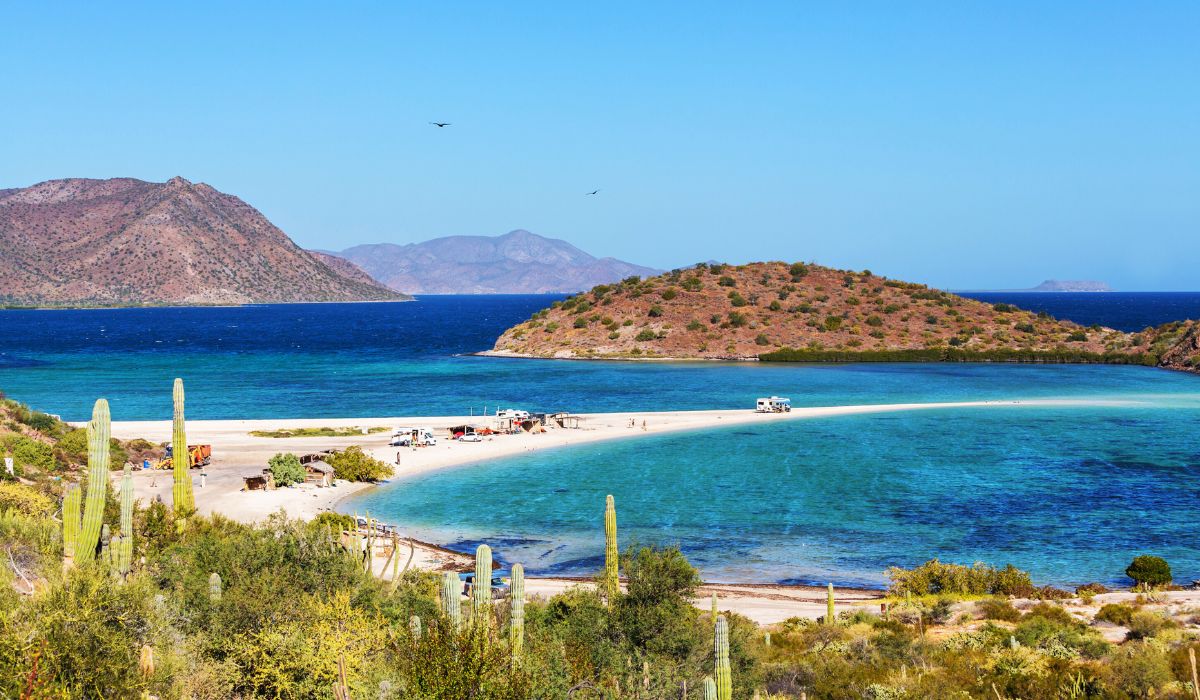Egypt is a place every traveler must visit at least once in a lifetime. But should you travel to this ancient country right now during the conflict in Israel and the recent Iran involvement?
In general, Egypt is a safe place to visit. You may encounter petty crime and scams, but that is the extent of crime in this country.
Table of contents
Is it safe to travel to Egypt during the Israel – Hamas – Iran conflict?
There haven’t been any particular alerts or warnings for traveling to Egypt after Iran attacked Israel. The distance between Iran and Egypt is 1,230 miles but Egypt shares a border with Israel. The Egyptian Government hasn’t shown any interest or actions supporting involvement in the conflict.
Official Travel Advisories:
U.S. Travel Advisory
The U.S. State Department hasn’t issued any particular warning for Egypt after the recent of Iran in the Israel-Hamas conflict. The latest update of the U.S. Travel Advisory for Egypt was issued on July 13, 2023.
Level 3: Reconsider Travel
The U.S. government has issued a travel warning recommending travelers “reconsider travel to Egypt due to terrorism.” According to the statement, visitors should “exercise increased caution in Egypt due to the Embassy’s limited ability to assist dual national U.S.-Egyptian citizens who are arrested or detained.”
The embassy does not recommend travel to:
- “The Sinai Peninsula (with the exception of travel to Sharm El-Sheikh by air) due to terrorism.
- The Western Desert due to terrorism.
- Egyptian border areas due to military zones.”
According to the advisory, terrorists may attack diplomatic buildings, tourist destinations, transit hubs, markets, and retail malls, western companies, restaurants, resorts, and local government buildings. Such attacks may occur with little or no notice.
UK Travel Advisory + MAP
Foreign Office warns against traveling to some parts of Egypt, issues Travel Advice MAP
The UK Foreign Office is not discouraging travel to popular Egyptian destinations like Sharm el Sheikh, Hurghada, and Cairo. However, it does offer travel advice, urging travelers to avoid the following regions:
- Areas within 20 km of the Egypt-Libya border
- Northern Sinai
- Northern part of South Sinai
- Eastern part of Ismailiyah Governorate
- Western Desert (additional information on their official webpage)
- Hala’ib Triangle and Bir Tawil Trapezoid
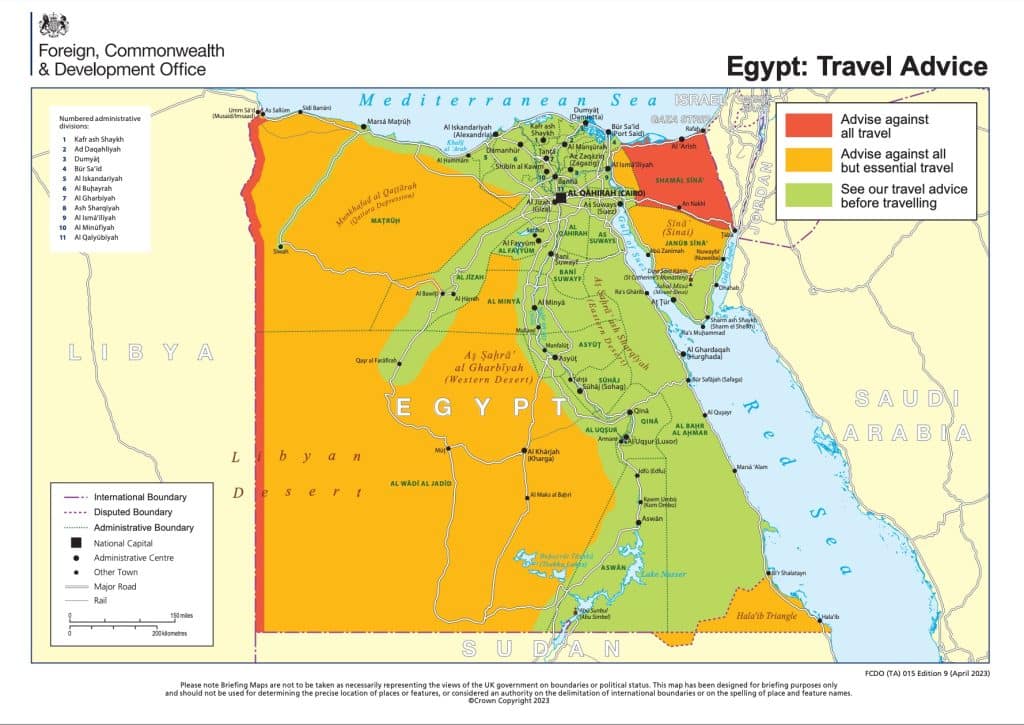
LATEST UPDATES / NEWS from Egypt:
January 11 – Egypt is drafting legislation regarding foreign visitors
In order to discuss the preparation of draft laws pertaining to handling foreign tourists and regulating new tourism companies, Egyptian Prime Minister Mostafa Madbouly met with Minister of Tourism and Antiquities Ahmed Eissa on Tuesday.
The minister stated that the two incentive packages that were suggested to incentivize the private sector to increase its investment in hotel room construction were approved by the Cabinet, putting the plan for 2024 into action.
November 12: Egypt Tourism Facing Cancellations Amid Israel-Hamas War
Egypt is currently facing a rise in trip cancellations from American tourists due to concerns related to the Israel-Hamas conflict. Great Wonders of Egypt, a Cairo-based company specializing in cultural and adventure tourism, reported that more than half of its American travelers have canceled their November and December trips.
October 27: Missile strikes Egypt’s Taba resort town in the area “advised against travel”, 220 km (135 miles) from Gaza
The missile that hit Egypt’s resort town 220 km (135 miles) from Gaza wounded at least 6 people, according to a local source. The area of Taba has been listed as one of the “advise against all but essential travel” in the latest UK travel advisory.
Common scams to be aware of while in Egypt
Egypt is a fairly safe country to travel to if you are on your guard and observe local cultural customs. Although the crime rate in Egypt is low, beware of pickpockets and scammers.
However, if you are visiting tourist destinations, especially religious sites, consider the risk. Attacks on tourist sites do occur, but if you check local news sources about the threat situation, avoid large crowds, watch out for religious or public festivals that could trigger demonstrations or riots, and choose to travel in a small group.
1. Overpriced Items Scam
This scam is typical when visitors go shopping, and it usually occurs in village markets when the merchant simply raises the price to make more money, which is when you must bargain. Negotiating boldly will save you from overpaying and will also relieve strain on the next tourist.
2. Fake Cry Story Scam
The stories of fake weeping are limitless; you will frequently come across some impoverished individual crying for money because they have lost someone or someone in their family is ill. Whatever the story seems like, keep in mind that they are expert con artists, and you must not get carried away.
3. Beach Scams
Some beach scammers may steal your belongings as you swim in the Mediterranean or the Red Sea. They simply take your belongings and flee to a location you would never be able to get, therefore the best way to avoid this is to put your valuables in hotels if you don’t have somebody to look after your belongings while you enjoy your time in the sea.
4. Pick-pocketing
This has deep roots dating back to the dawn of time, and it only grows better with each passing year. This is a pretty prevalent type of scam that most tourists fall victim to. The simplest method to avoid this great scam is to leave all of your belongings and actual passport at the hotel and bring a photocopy with you.
5. Fake Tour Guides
This is another classic tourist scam in Egypt; you may frequently find persons outside any transportation platform promising to show you around. Whether you’re traveling alone or with companions, don’t put your trust in them because you might be asking a robber to tour you around. When booking a tour guide, go with the hotels because they are more real.
6. Fake Taxi Operators
Cab drivers offer cheap rides to famous tourist spots, but it’s a scam. You must see through the technique; no one will be overly friendly to over low-cost ride without the goal of stealing from you. Keep this in mind!
7. Fake Police
It’s difficult to tell the difference between the real and the fake, so observe their body language when they ask for your credentials. Although it is uncommon, this tourist scams do occur in Egypt. When you notice something odd, kindly ask them to back off and threaten to phone the local station.
8. Fake Cashiers and Bartenders
This can happen to anyone at any time and without warning. Even after paying, you will be told that you did not pay at the local taverns and cafes. When you pay with cash, they will also state that you did not pay the whole amount. This has the potential to go extremely far, and they may have accomplices. You must double-check before paying and choose to pay by card, but be cautious with your code.

